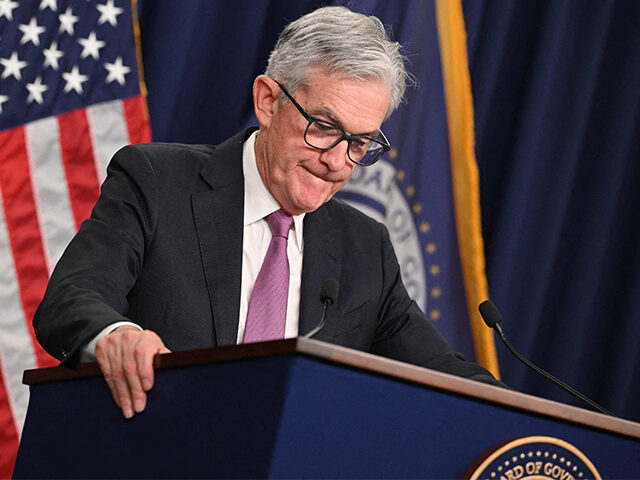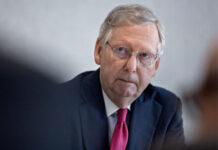Shares of PacWest Bancorp tumbled sharply after Bloomberg reported late in the day Wednesday that the Beverly Hills-based bank has been “weighing strategic options.”
At one point overnight, shares were indicated down by more than 60 percent.
The bank has since said that its core deposits have grown since March and said it is in talks with several potential investors. Bloomberg reported that the bank has also considered a break-up or a capital raise. Unidentified sources told Bloomberg on Wednesday that the bank had not yet started a formal auction process.
“An outright sale has been hindered because there aren’t many potential buyers interested in the entire bank, which comprises a community lender called Pacific Western Bank and some commercial and consumer lending businesses, the people said. A potential buyer would also have to potentially book a big loss marking down some of its loans, the people said,” Blooomberg reported.
In an effort to calm markets, the company denied it was experiencing a bank-run or liquidity shortage.
“The bank has not experienced out-of-the-ordinary deposit flows following the sale of First Republic Bank and other news,” PacWest said in a statement. “Our cash and available liquidity remains solid and exceeded our uninsured deposits.”
Shares of the bank appeared to recover somewhat in pre-market trading and were indicated down by just 30 percent compared with yesterday’s close.
Shares of other U.S. regional banks were also under pressure Thursday morning, with shares of Western Alliance Bancorporation indicated down by nearly 15 percent. Western Alliance repeated its guidance that it expected deposits to rise quarter-over-quarter.
The selloff in regional banks resumed within hours of Federal Reserve chairman Jerome Powell said he believed the sale of First Republic to J.P. Morgan Chase marked “an important step toward drawing a line under that period of severe stress.” He said the resolution of the three most troubled regional banks—Signature in New York, Silicon Valley in San Francisco, and First Republic—may have marked an end to the series of panics that have hit regional banks since mid-March.
“There were three large banks really from the very beginning that were at heart of the stress we saw in early March,” Powell said. “Those have all now been resolved.” He added that the depositors in each of those banks had been protected.




